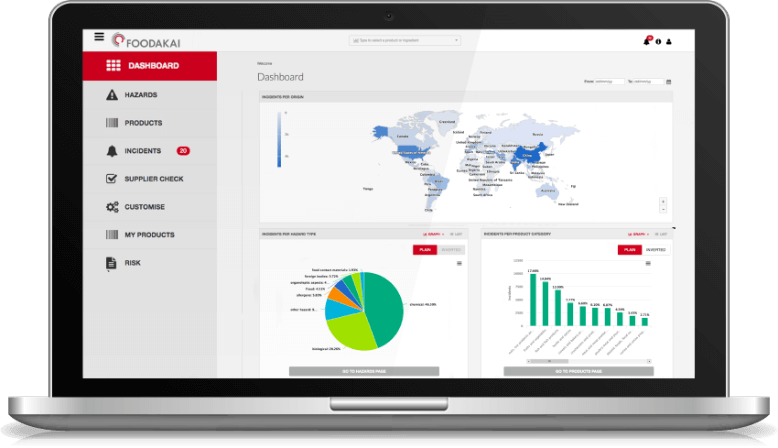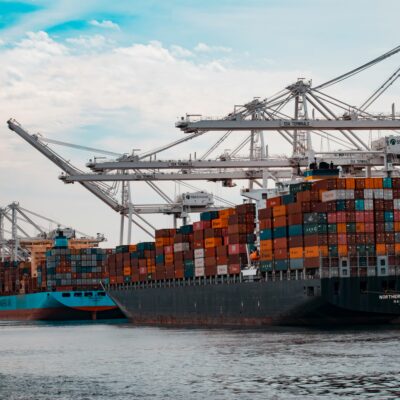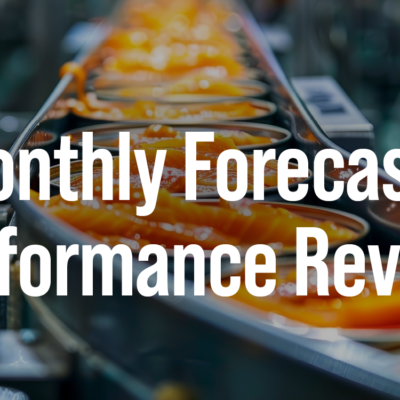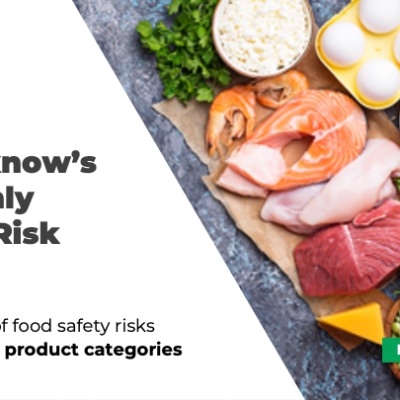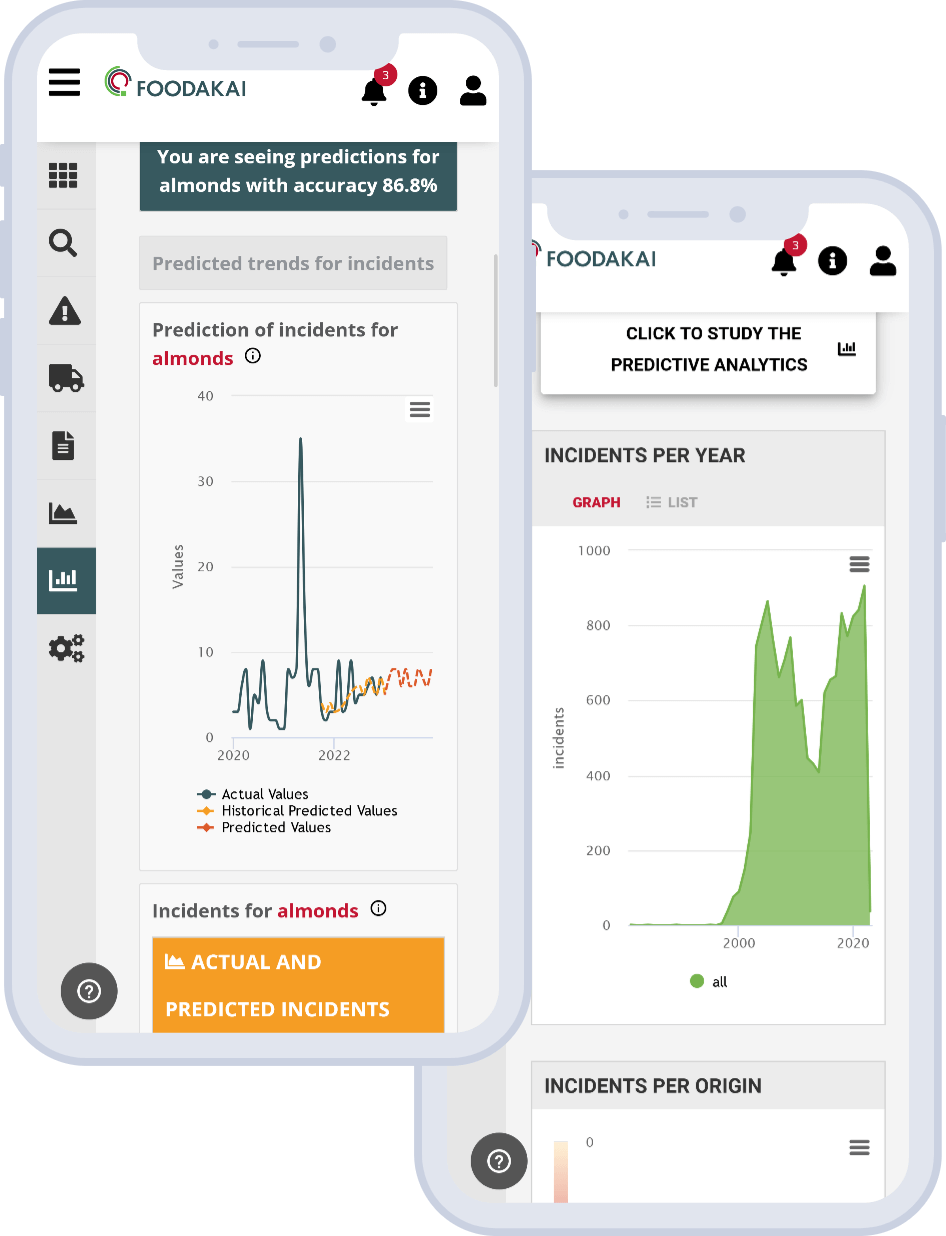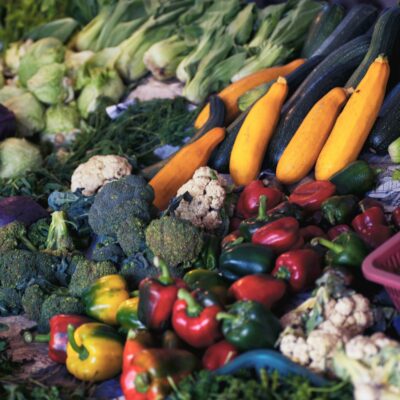
Understanding PFAS in the F&B Industry
Use Global Testing Data to assess the vulnerability of your supply chain to PFAS contamination
Per- and polyfluoroalkyl substances (PFAS), have gained significant attention in recent years, not only for their widespread presence in the environment but also due to the growing concerns among consumers and regulatory authorities, regarding their potential presence in our food supply chain.
So what are PFAS?
PFAS are a broad chemical group of large synthetic compounds that can be found in many products around us, like clothing fabric or food contact materials and are often called ‘the forever chemicals’ as they are long-lasting and break down very slowly over time. From a chemical perspective, this is due to the fact that these compounds contain a chain of linked carbon and fluorine atoms, and these carbon bonds tend to be extremely strong.
Why is it important?
While the presence of PFAS in the F&B industry is not yet regulated in all food & drink categories, authorities are closely monitoring the possibilities and ways PFAS can migrate into the food we consume. While this remains a relatively new area of science, the urgency surrounding this cannot be overlooked, particularly since the adverse health effects associated with PFAS exposure are particularly severe, like development issues and an increase in certain cancer types.
What is the role of F&B companies?
For F&B companies, understanding but also managing the risks associated with PFAS is crucial and requires proactive measures to ensure product safety and consumer health. The first thought that comes to mind in terms of assessing the vulnerability of a company’s supply chain and finished products to PFAS contamination is to follow the laboratory testing route and analyze the findings to determine the risk. However, the challenge often lies in not knowing how to start. Testing for PFAS in many parts of the world is still almost prohibitively expensive and companies may be uncertain about which ingredients pose the highest risk. The uncertainty around this could potentially hinder the implementation of effective and proactive testing strategies.
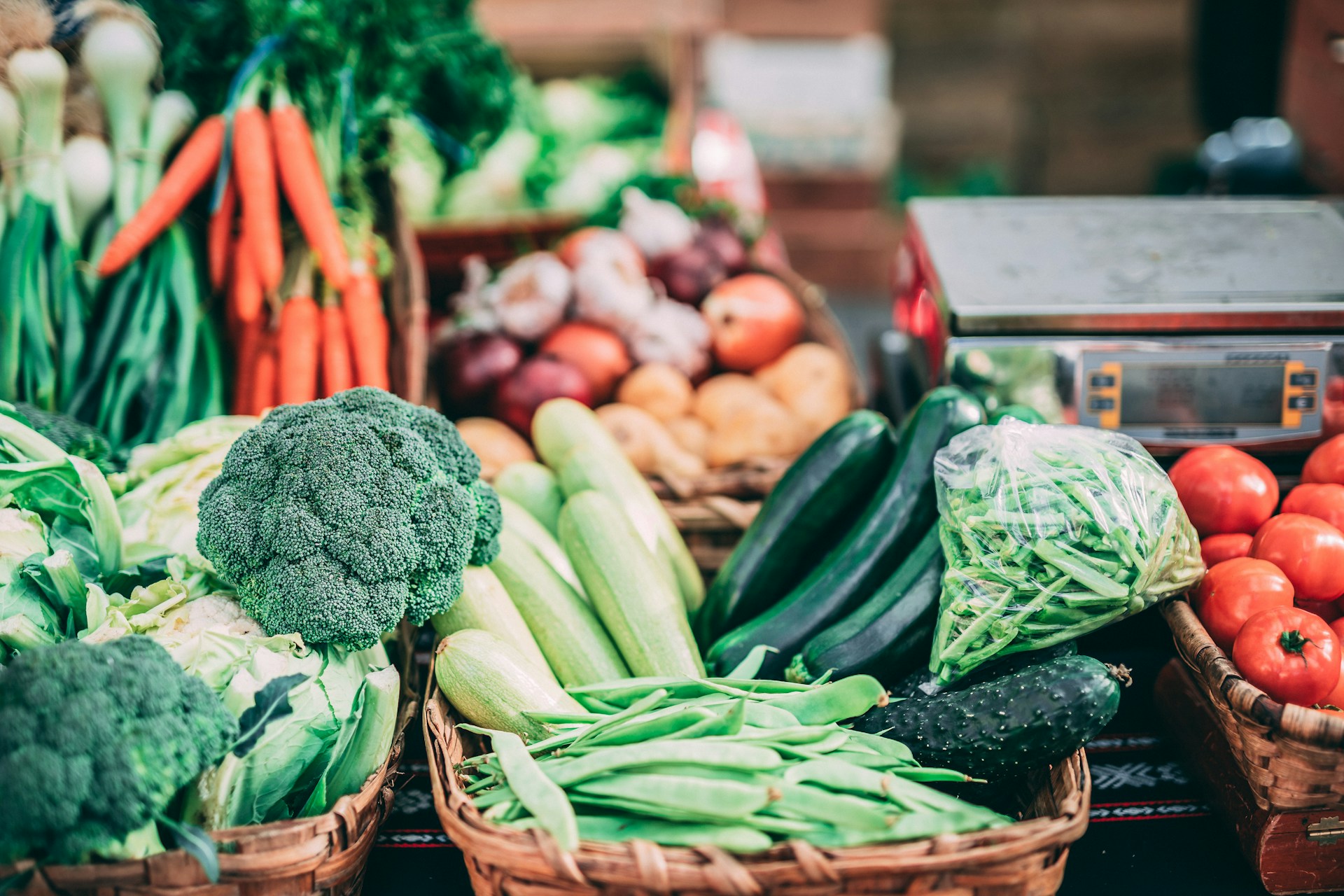
What can you do to stay proactive?
FOODAKAI can address such challenges with a dedicated module that collects and analyzes chemical contamination laboratory testing results. The Lab Tests Module provides comprehensive data and analytics in visual representation, helping companies identify the ingredients most at risk and of course prioritize their testing efforts making this process more efficient and cost-effective.
Let’s look at an example to illustrate how FOODAKAI’s Lab Tests Module can be utilized: Suppose your company is concerned about the presence of a particular PFAS compound, Perfluorooctane Sulfonic Acid (PFOS) in your supply chain and raw materials. By using the Lab Tests Module, you can search for PFOS and access millions of laboratory analysis results from national testing programs that our algorithm has collected and harmonized in seconds as seen below.
The dashboard then provides detailed information about the detection of PFOS across various products and ingredients showcasing the number of test results that have been above or below the limit (see image below) (above and below limit suggesting that the numerical value did or did not exceed the respective country’s regulation respectively). Users also have access to different filters to narrow their query and make it even more specific.
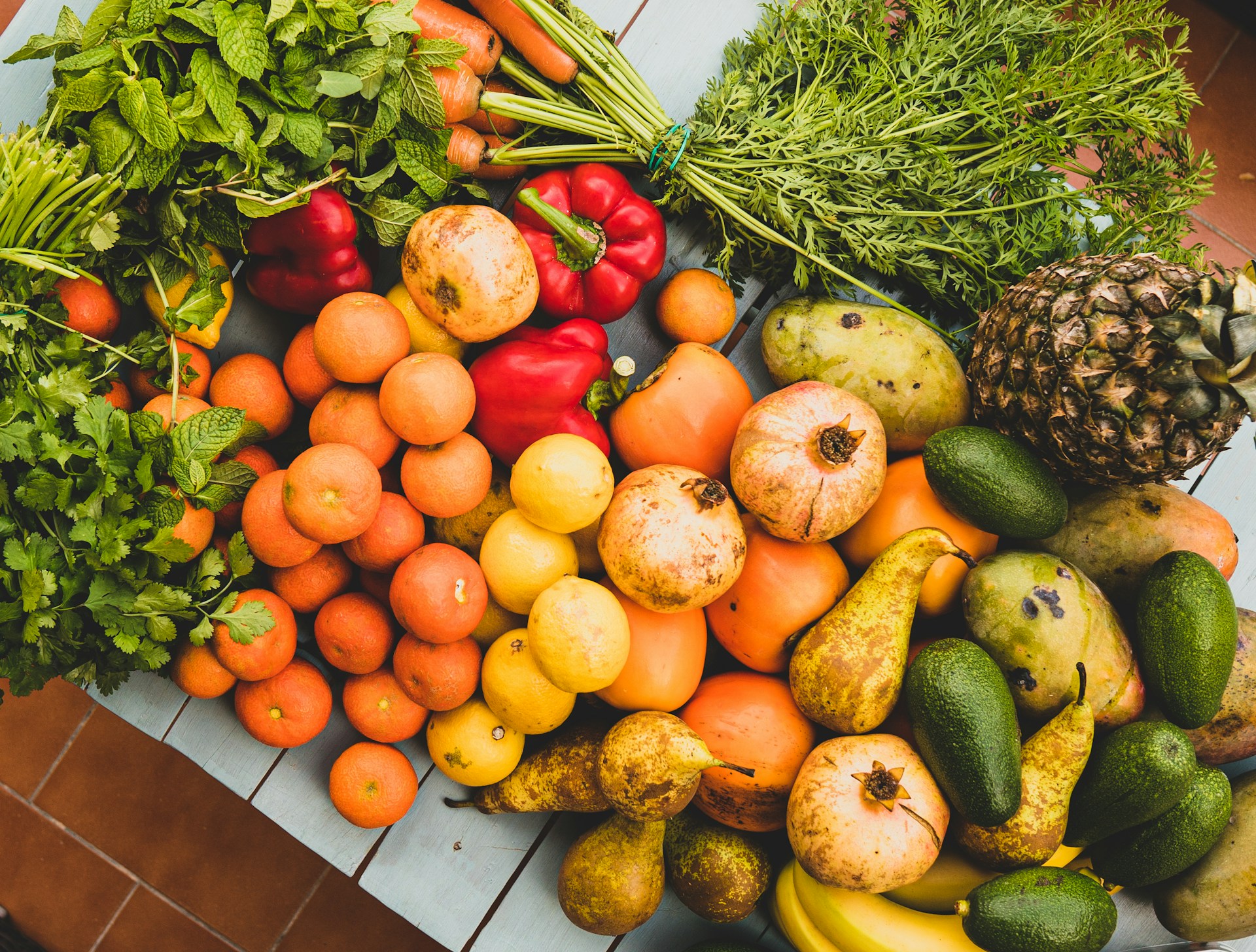
They will also be able to understand the testing trends through the years for that particular hazard. For example, if we look at the distribution of testing for PFOS (see below) it is clear that as the years go by, more and more product samples are being tested indicating that the focus has shifted towards this emerging risk in the F&B industry.
When examining the data, as shown below, we can see that PFOS has been identified in numerous occasions in honey but also in water.
The risk that PFAS holds for food & beverage companies is undeniable, posing a threat to consumer’s health worldwide. Companies are realizing that prioritizing testing for PFAS is a necessity moving forward. FOODAKA can enable companies to follow a more targeted approach to enhance food safety and safeguard consumer trust.
Interested in discovering more about FOODAKAI? Schedule a call here.
Want to receive helpful food safety intelligence in your inbox?

